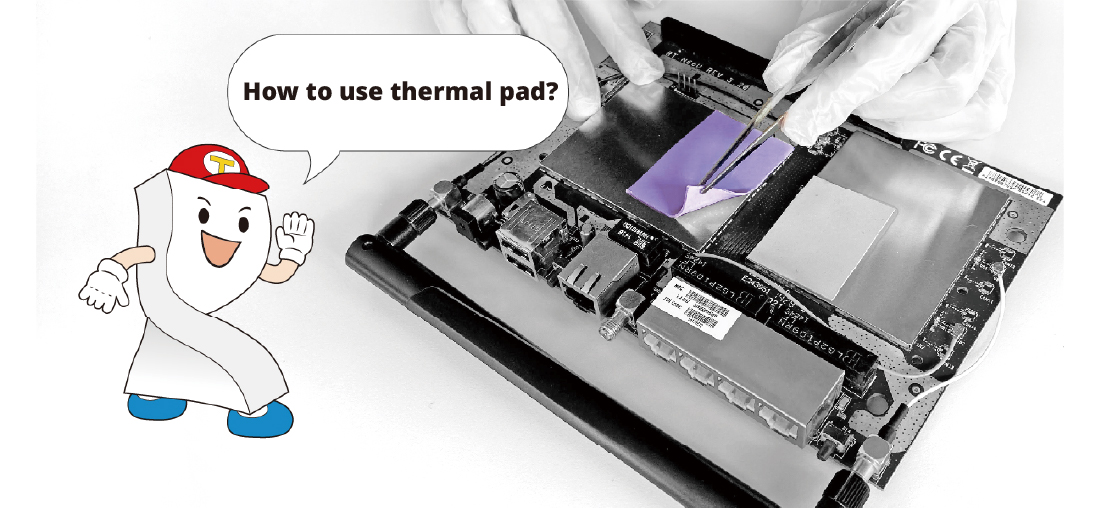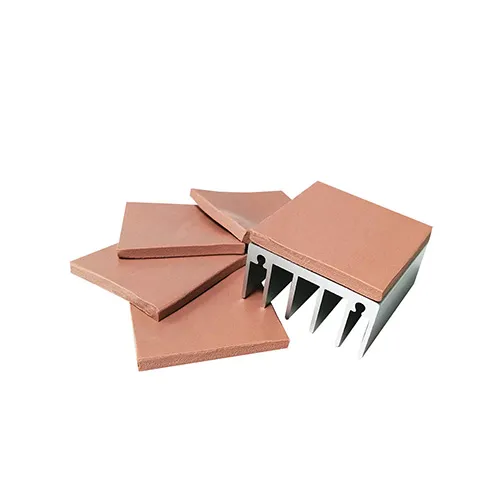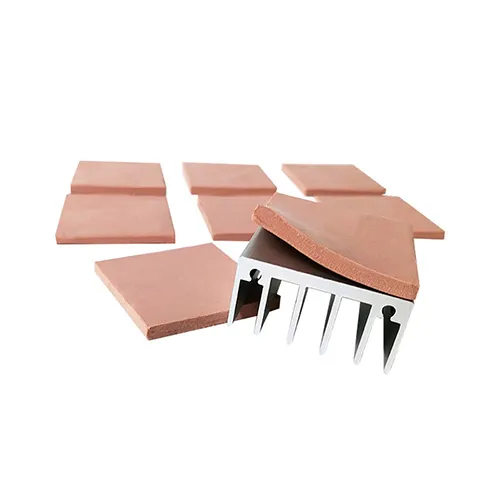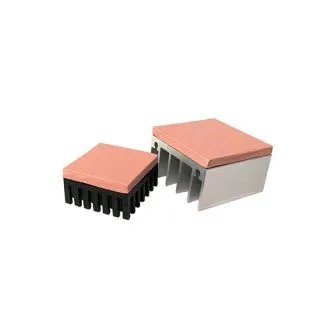In accordance with the European Union’s General Data Protection Regulation (GDPR), we are committed to safeguarding and ensuring your control over your personal data. By clicking “Accept All” you are permitting us to use cookies to enhance your browsing experience, assist us in analyzing website performance and usage, and deliver relevant marketing content. You can manage your cookie settings below. By clicking “Confirm” you are agreeing to the current settings.
TG-APC94 / PC94 Non-Silicone Thermal Pad
- Non siloxane and oil-bleed
- Ultra soft and great elongation
- Very low thermal impedance
- Electrical insulation
- Great thermal conductivity
PC94 is a Non-Silicone thermal high-performance thermal conductive material that does not contain silicone components. There will be no silicone resin volatilization or silicone oil precipitation, which reduces the possibility of circuit failure. This is recommended when the presence of silicone oil may be harmful to product performance. Non-silicone materials, which can improve the efficiency and service life of heating electronic components.
Best for hard disk
There is nothing better than optical instruments and silicon-sensitive equipment to choose the use of this silicone-free thermally conductive silicone film. As long as you feel any doubt or anxiety about the existence of silicone oil, it is recommended that you consider using this material, whether it is Power battery packs, car navigation, optical precision equipment, camera equipment, mobile communication equipment, organic silicon sensitive applications, high-end industrial control, and medical electronics, etc., may be found in electronic components that generate heat. This is another option specially developed for users who have doubts about silicone oil.
Applications:
Electronic components - 5G, Aerospace, AI, AIoT, AR/VR/MR/XR, Automotive, Consumer Devices, Datacom, Electric Vehicle, Electronic Products, Energy Storage, Industrial, Lighting Equipment, Medical, Military, Netcom, Panel, Power Electronics, Robot, Servers, Smart Home, Telecom, etc.

Tearing off the release paper.
Attach the thermal pad to the heat source.
Remove the protective film.
Apply components onto the exposed part.
Thermal Conductivity
Dielectric Breakdown Voltage
Hardness






